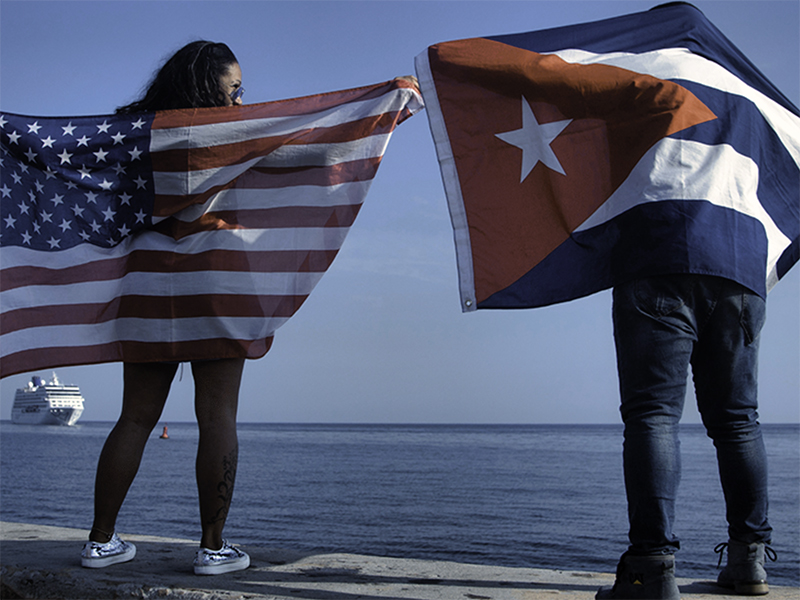Many Cuban intellectuals with whom I communicate on a regular basis dismiss foreigners who condemn the embargo as being blinded by their romantic view of the Cuban revolution. Moreover, there are more than a few Cuban poems and works of fiction that ridicule foreign visitors to the island based on this view.
While this may be the case for uninformed tourists and a handful of extreme leftists, romanticism does not explain the staying power of the Cuban government on the world stage. I believe it is important to develop a deeper analysis of this situation to understand the international reluctance to condemn Cuba’s human rights record.
I decided to invite several colleagues to comment on the implications of the annual UN vote on the U.S. embargo of Cuba. The annual vote will take place in early November. The outcome―a condemnation of the embargo―is a foregone conclusion.
There are many positions on the embargo among Cubans in the diaspora: some see it as morally wrong; others see it as a failed policy; others see it as a smokescreen that prevents analysis of the internal problems of Cuban society; and still others see it as a necessary tactic to isolate and weaken the Cuban government.
Public opinion against the embargo in Latin America, Europe and the United States is also well known, as are the harmful effects of the embargo on the Cuban economy. What is not often addressed, however, is how the Cuban government makes strategic use of the overwhelmingly negative opinion of the embargo in its foreign affairs.
Therefore, it seems to me that some thought needs to be given to what this vote can tell us about Cuban diplomacy, about Cuba’s role at the UN, and about the political and economic benefits to be gained by orchestrating the UN vote against the U.S. each year.
Do Cuban diplomats succeed in diminishing condemnation of Cuba’s human rights violations by focusing on the embargo? Would it be reasonable to argue that the Cuban government has been able to secure aid and loans and postpone repayment because of the general perception of its victimization at the hands of the United States?
Does the Cuban government use medical missions as collateral to secure political support at the UN and elsewhere? Does the Cuban government capitalize its success with respect to the embargo vote in its other UN relations?
Finally, how should we understand the significance of Cuba’s enormous investment in diplomatic relations, its unusually large delegations, and the maintenance of its 122 embassies around the world?
Coco Fusco, Cooper Union for the Advancement of Science and Art.
En español:

El significado de la enorme inversión de Cuba en las relaciones diplomáticas
Hay muchas posturas sobre el embargo entre los cubanos de la diáspora: algunos lo ven moralmente incorrecto; otros, como una política fracasada, una cortina de humoque impide el análisis de los problemas internos de la sociedad cubana o una táctica necesaria para aislar y debilitar al gobierno cubano.








